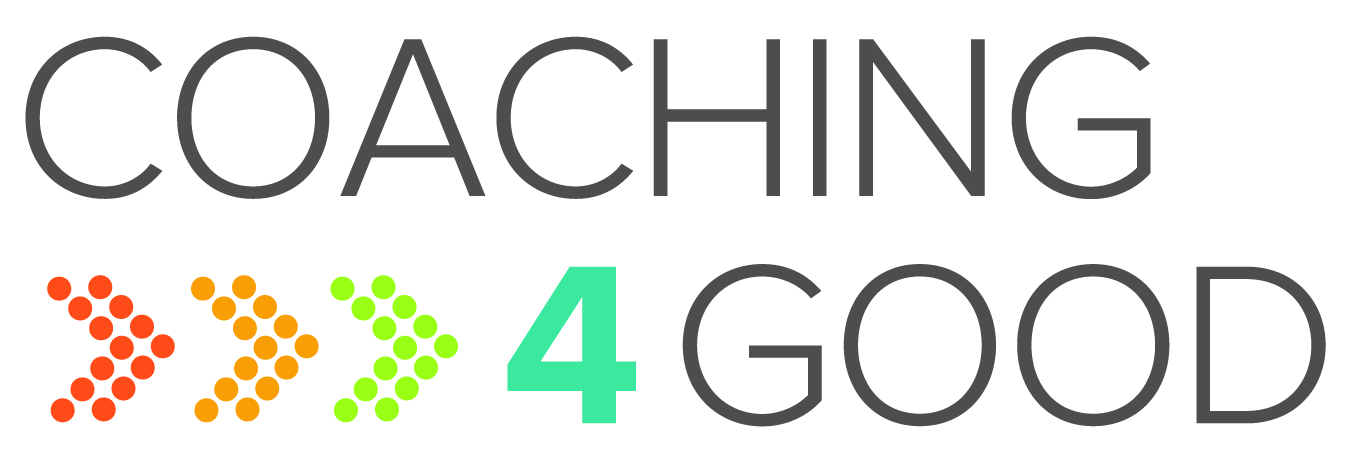
Leaders are perhaps facing one of their biggest moments of truth. With the current health crisis and disruption to our lives and our organizations, it is imperative that leaders understand what their teams need, how to leverage them, and how to lead them through the tension of the present while building for a better future.
As with any moment of truth, it’s the time for leaders to demonstrate what they’re really made of and deliver the results that they are responsible for.
 The most basic task of a leader is to get a group of people to accomplish the best possible outcomes together. To ensure the team can adapt, problem-solve, and innovate into a bright future, there are four things that leaders should focus on right now: create psychological safety, practice excellent communication, construct the right stories and narratives, and leverage the team’s strengths for strong performance.
The most basic task of a leader is to get a group of people to accomplish the best possible outcomes together. To ensure the team can adapt, problem-solve, and innovate into a bright future, there are four things that leaders should focus on right now: create psychological safety, practice excellent communication, construct the right stories and narratives, and leverage the team’s strengths for strong performance.
Leading Teams by Creating Psychological Safety
Psychological safety was first introduced by organizational behavioral scientist Amy Edmondson, who defined it as “a shared belief held by members of a team that the team is safe for interpersonal risk-taking.” It is essentially the confidence that there will be no expense to being ourselves, and as such, we are free to interact with a group without fear of embarrassment, marginalization or punishment.
The underlying factors for psychological safety are respect and permission to participate. Timothy R. Clark, author of The Four Stages of Psychological Safety, identifies these stages in his book, which develop in the following order:
Stage 1: Inclusion
Inclusion safety satisfies our basic human need to connect, be accepted and belong. Leaders must foster psychological safety by establishing a culture that ensures real inclusion and a deep appreciation of the value that diversity provides toward the shared goal of success.
Additionally, leaders must give the team abundant opportunities to interact in ways that facilitate navigating the stages of team development (Forming, Storming, Norming, Performing) with the core values of respect, trust, and interdependence. It is the leader’s responsibility to create a team that remains acutely aware of how much they need each other to accomplish what one is incapable of doing on his or her own, and for team members to experience the satisfaction of being a part of something bigger through connection and collaboration.
Stage 2: Learning
Learner safety satisfies our basic human need to learn and grow by having the freedom to ask questions, experiment, get feedback, and make mistakes along the road. With inclusion already established, the job of leaders is to drive team action and efforts with the key foundational values of curiosity, learning, and growth. Ambiguity and uncertainty must be embraced in order to answer new questions that are brought on by the rapid change and disruption from the current situation.
Allowing experimentation and failure to be seen as sources of valuable feedback on the path to problem solving and innovation will then take the team to deeper levels of learning and insights, which will then yield better long-term solutions.
Stage 3: Contribution
 Contributor safety comes when we can use our skills, talents, and abilities to make a meaningful difference. The most extensive contribution can be made when leaders cultivate a team that recognizes individual skills, experience, and knowledge, and then leverages them fully.
Contributor safety comes when we can use our skills, talents, and abilities to make a meaningful difference. The most extensive contribution can be made when leaders cultivate a team that recognizes individual skills, experience, and knowledge, and then leverages them fully.
Leaders can model and direct the team to practice having everyone simultaneously embrace the core values of command and humility, stepping forward or stepping backward at the right moments to augment wins for the team. Many tout the benefits of achieving a “flow” state as a team, like that of a sports team during a high-stakes game.
Stage 4: Challenging
Challenger Safety occurs when we are free and able to challenge the status quo. Leaders must embody the values of openness and equality to grant teams the freedom, even the expectation, to challenge established systems, processes, and the mental models behind them.
In this stage, real innovation and change can flourish, and leaders can effectively strive for what author Nassim Nicholas Taleb calls antifragility (briefly covered later in this series). Antifragility offers the opportunity to use disruption for growth and sustainable success.
Due to changes brought almost literally overnight, the current COVID situation leaves leaders no other choice but to pivot and find new ways to deliver products and services. As the shock wears off, we are now in a position to rebuild with new a architecture that can withstand, adapt, and even thrive in the “new normal” of disruption and change. Someone once said “necessity is the father of invention.”
The gift to leaders in fostering this last stage of psychological safety is that the entire planet is now forced to challenge the status quo. Only those who can do that successfully will remain relevant. Teams will certainly trust and rely on their leaders to assume that challenging is no longer risky, but safe, and required.
Creating and deepening psychological safety is perhaps the top focus as we continue to go through the massive changes and disruption that this historical event has produced. Creating the environment and dialogue that supports these four stages is essential to leading teams in disruption and will ensure success. Moreover, people that experience psychological safety at work are more engaged and productive, something we critically need in this moment.
Leaders can rest assured that if they can deliver in this moment of truth, along with practicing excellent communication, constructing the right stories and narratives, and leveraging their team’s strengths, they can set themselves up for strong performance going into the future, no matter what happens next.
Stay tuned for Part Two, which will focus on the critical role communication plays in successfully leading teams through disruption. Interested in learning more from Alice and what she can help you achieve? Schedule an initial consultation with her!










Stay In Touch